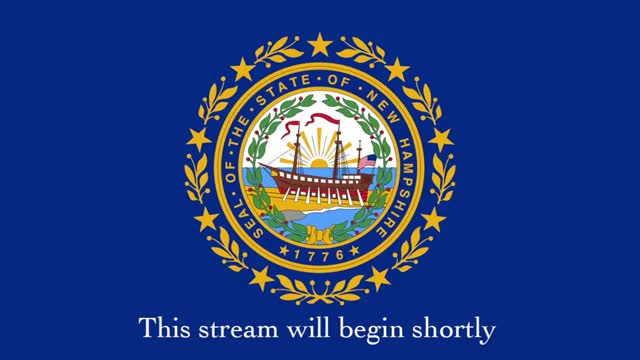Commerce subcommittee advances amended bill limiting local rules on digital-asset mining; private-key language removed
Get AI-powered insights, summaries, and transcripts
Subscribe
Summary
A House Commerce subcommittee voted to advance an amended bill governing digital-asset (cryptocurrency) mining, deleting private-key provisions and restricting certain local actions on sound limits and discriminatory electricity rates. The subcommittee approved amendments and reported the measure out of subcommittee by a 7–1 vote.
A House Commerce and Consumer Affairs subcommittee on Tuesday advanced an amended bill that would limit how state and local governments may regulate digital-asset (cryptocurrency) mining operations, delete a proposed private‑key requirement, and bar discriminatory electricity rate schedules specifically targeted at miners.
The subcommittee voted to adopt amendments and recommended the bill ought to pass as amended in subcommittee by a 7–1 tally. Representative Ammon moved the first amendment (0138h) with Representative Speer seconding; members indicated support by raised hands. Later, an amended version (0445h) also passed in subcommittee before the committee voted 7–1 to move the bill forward.
The amendment package removes two definitions — including “private key” and “home digital asset mining” — and deletes a proposed private‑key enforcement section. Sponsors said the private‑key language was intentionally dropped so an oversight commission can revisit how to handle that technical issue. The sponsor described the change as “we decided that it was best to just remove that from the bill instead of bicker over it.”
One provision retained in the amended draft would bar a “state or local government agency or subdivision thereof” from setting a specific decibel limit for noise generated by digital‑asset operations beyond existing local noise ordinances. The measure also says rate schedules that create a “discriminatory rate for digital asset mining businesses” are not permitted; the amendment language requires rates for mining to be market‑based rather than singling out the businesses for higher charges.
Committee discussion focused on enforcement and practical effects. Several members asked who would enforce the new limits if a city or town took action the bill prohibits. Committee members suggested the attorney general or banking regulators could become involved and noted that affected parties also could pursue remedies in court. One legislator told colleagues: “If some local government does it, someone can take them to court and say they violated [the statute]." Another member said the bill does not mandate state officials to invest in gold or other assets, calling that discussion “not related to this bill.”
Members also raised electric‑grid concerns. Lawmakers asked whether large mining loads could create local reliability problems and how utilities would respond. Supporters said mining can act as a flexible load — running when power is cheap and reducing draw when prices rise — and that interconnection and PUC oversight would apply for large, sustained demands.
Sponsor and staff comments said the aim of the draft is prophylactic: to prevent local governments from enacting requirements that single out digital‑asset mining for limits that do not apply to other industrial or large electrical users. The sponsor said the intent was to ensure towns treat mining “not different than any other zoning regulation when it comes to utility and it comes to noise.”
Next steps: staff were directed to prepare the amendment text for the full committee and produce a summary (a “blurb”) to circulate ahead of the next hearing.
Votes at a glance
- Amendment 0138h — Motion: Ought to pass as amended; Mover: Representative Ammon; Second: Representative Speer; Vote recorded by raised hands (count announced by clerk: 6 in favor); Outcome: approved in subcommittee. - Amendment 0445h — Motion: Ought to pass on the amendment; Mover: Representative Ammon; Second: Representative Speer; Straw/subcommittee vote recorded as 7 in favor; Outcome: approved in subcommittee. - Final subcommittee motion on the bill, as amended — Motion moved and seconded in subcommittee; Vote: 7 yes, 1 no; Outcome: advanced out of subcommittee.
Context and what’s next
Committee members said the bill is intended to prevent local ordinances from uniquely restricting mining on noise or electricity grounds without treating the industry like other industrial users. Staff and sponsors will finalize amendment language before the bill goes to a future committee session.
"No state or local government agency or subdivision thereof shall set a specific limit on sound decibels generated from noise, including digital asset [mining], other than the limits set by the political subdivision and any local noise ordinances," reads the amendment language reviewed in committee.
